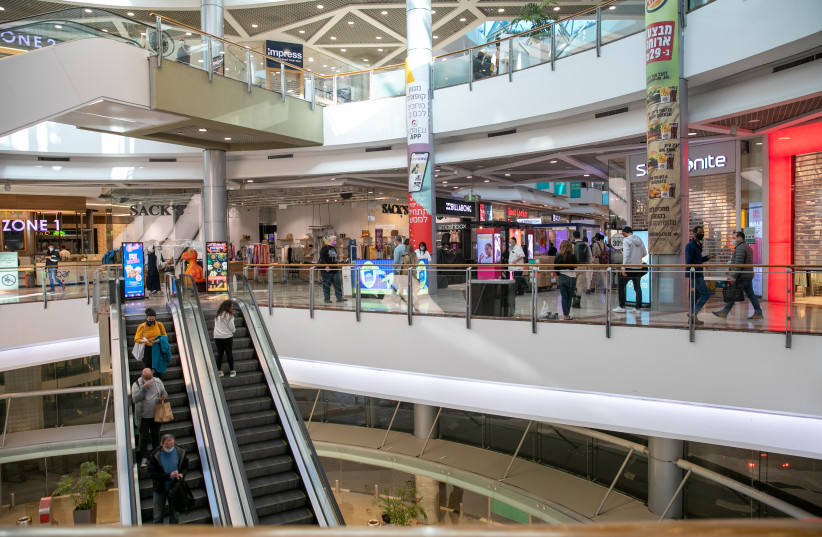A lot has been written about difficulties people encountered during the COVID lockdowns. Alienation, loneliness, lack of motivation and anxiety are all common ailments suffered by individuals around the planet. However, the crises experienced in the return to the routine have gotten less airtime.
During the subsequent lockdowns, choreographer Yoram Karmi was on a mission. Safely distanced from the public in his Central Bus Station studio complex, Karmi worked around the clock to keep Fresco Dance Company up and running. While other troupes closed their doors, Karmi made sure the studio continued to provide a workspace and a safe space for his dancers. Whether it was rehearsals, outdoor performances or classes, Fresco worked every moment possible.
Now, Fresco is about to premiere a new work by Karmi, the first in more than two years. The piece, entitled Aftermath, is an outcome of Karmi’s post-COVID processing.
“It’s the oldest story in the book,” says Karmi over the phone. “You’re fed up, everything is done, you’re a wreck, you can’t take anything anymore, and then someone hesitantly says ‘let’s try again.’ You’re too broken to pick yourself up, but something inside you as a human being says, ‘do it.’”
The big break, as Karmi describes it, came after COVID, when the world snapped back to a familiar, if not slightly altered reality.

“I had a crisis,” he says frankly. “We worked through the pandemic and then it was over, and everyone wanted us to go back to normal. Then they said the central bus station was being evacuated and for two months I was on no sleep looking for a place so that we wouldn’t be on the street. I felt an end.”
At the same time, Karmi’s father fell ill. He was in Belgrade, creating site-specific work for a local company when the phone call came that his father had passed away. The choreographer, who is known for his upbeat nature and sharp wit, found himself adrift both personally and professionally.
In the twenty years since Karmi, 55, began creating work, he has worked at a dizzying pace, creating an average of two new works per year, as well as initiating artistic programs that have provided opportunities for emerging choreographers. His studio complex, nestled into a corner of the Central Bus Station, serves as a beacon for dance artists and bridges between the everyday and the stage.
“I said to myself, ‘I need advice’ and went to the person who will never lie to me, myself. I started looking at videos of old pieces. I did a private retrospective on myself to see if I could give it all up,” he explains.
While he watched old videos, something began to stir. “Some of the pieces touched me again. You know, your taste changes over time but there are things you always love. I was so sad, in hospitals in and out, sure I was going to lose my home and then this optimism came in and it shocked me. It was me telling myself to try again. That was the birth of Aftermath.”
To make the work, Karmi presented his 10 dancers with sections from old work. “I took the sound and color off, from about seven pieces, and gave it to the dancers to learn. And then I watched these new bodies trying to struggle with all kinds of things, trying to say these things in new ways. It got deconstructed. And then Aftermath began,” says Karmi.
The result feels to Karmi like a post-apocalypse of sorts. “It’s emotional, poetic and borderline science fiction,” he describes.
The dancers, dressed in tattered costumes, represent a community that has survived a disaster. “Noam Helfer composed music. It’s like the eye of the storm. There is this very loud music and then silence, like you’ve been transported to somewhere else.”
For the stage design, Karmi turned to Noa Biran and together they designed a black box that feels at once like a clearing in the woods and a living creature in and of itself. “The stage is giving birth to and absorbing the dancers from every angle. There are no wings. It is everywhere, all around.”
The company will premier Aftermath next week at the Suzanne Dellal Center.
Aftermath will premiere on May 15 and 16 at the Suzanne Dellal Center. For more information, visit www.fresco.org.il.
